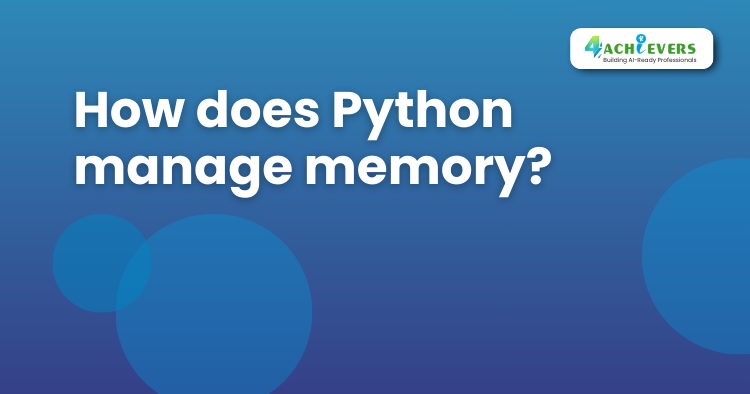Best Database Management Systems Every Software Developer Should Know
Best Database Management Systems Every Developer Should Know
The era of "one database fits all" is over. From rock-solid Relational SQL to lightning-fast NoSQL and AI-driven Vector Databases, here is your guide to modern data storage.
Data is the lifeblood of any application. Whether you are building a simple to-do app, a globally distributed microservices architecture, or an AI-powered chatbot, choosing the right Database Management System (DBMS) is the most critical architectural decision you will make.
In 2026, software engineers practice Polyglot Persistence—using different databases for different workloads within the same system. To be a top-tier developer, you need to understand the strengths, weaknesses, and ideal use cases of the industry's leading databases.
The Relational Giants (SQL)
When you need strict data integrity, ACID compliance, and complex joins, Relational Database Management Systems (RDBMS) are the undisputed kings.
PostgreSQL
Industry StandardThe world's most advanced open-source relational database. It handles JSON beautifully, supports geospatial data (PostGIS), and in 2026, its pgvector extension makes it a powerhouse for AI embeddings.
MySQL
Most PopularThe workhorse of the web. Known for its speed, reliability, and ease of use. If you are building a standard web application, e-commerce site, or CMS (like WordPress), MySQL is incredibly fast and dependable.
The Flexible Speedsters (NoSQL)
When your data schema is unpredictable, or you need to scale horizontally across hundreds of servers, NoSQL databases drop strict tabular relations for flexibility and speed.
MongoDB
Document StoreStores data in flexible, JSON-like documents. It is the "M" in the MERN stack and is perfect for rapid prototyping, content management systems, and apps where the data structure evolves quickly.
Redis
In-Memory / Key-ValueBlazing fast because it stores data in RAM. Redis is rarely the primary database; instead, it is used as a Cache, message broker, or session store to dramatically reduce application latency.
Next-Gen & Specialized Databases
Vector Databases (Pinecone, ChromaDB)
The Foundation of 2026 AI. These databases don't store text or numbers; they store "Embeddings" (high-dimensional vectors). Essential for building Large Language Model (LLM) apps and RAG systems.
Graph Databases (Neo4j)
Optimized for analyzing complex relationships. If you are building a social network ("Friends of Friends"), recommendation engine, or fraud detection system, Neo4j outperforms SQL easily.
Time-Series Databases (InfluxDB)
Designed specifically for timestamped data. Used heavily in IoT (Internet of Things), server monitoring metrics, and high-frequency financial trading.
How to Choose the Right Database
| Your Use Case | Best Database Choice | Why? |
|---|---|---|
| Financial / Banking App | PostgreSQL / MySQL | ACID compliance ensures money is never lost during transactions. |
| Product Catalog / Fast Prototyping | MongoDB | Flexible schemas allow products to have different attributes easily. |
| Leaderboards / Real-time Caching | Redis | In-memory operations provide instant data retrieval. |
| AI Chatbot / Semantic Search | Pinecone / pgvector | Calculates distances between data vectors for AI context retrieval. |
Industry Leading Databases
Master Your Data
To become an elite software engineer, master at least one Relational database (like PostgreSQL) and one NoSQL database (like MongoDB or Redis).






